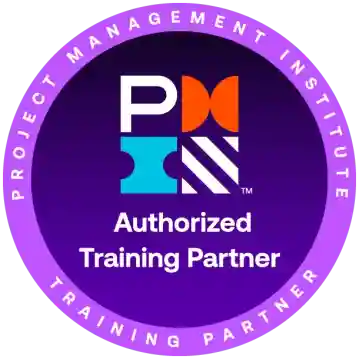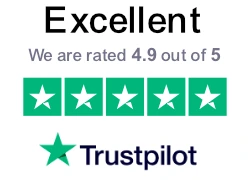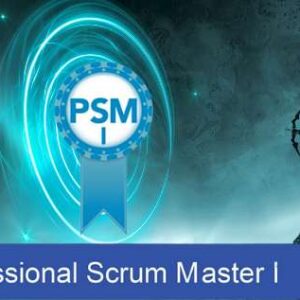Agile has transformed the way modern teams deliver value—faster, more collaboratively, and with greater responsiveness to change. Whether you’re preparing for a certification exam, gearing up for your next Agile interview, or looking to strengthen your role as a Scrum Master, Product Owner, or Agile team member, this Agile and Scrum Certification Practice Tests course is your ultimate tool for success.
Agile and Scrum Practice Tests is a targeted, test-driven learning experience built for real-world application. With over 100+ multiple-choice questions distributed across 4 practice tests, this course enables you to understand, internalize, and apply Agile concepts effectively.
Enroll now and take the next step in mastering Agile practices—whether for career growth, certification, or high-performance team collaboration.
Gururo is a PMI Authorized Training Partner
At-a-glance
Best for
- Software developers
- Agile coaches
- Project managers
- Anyone Serious
Why Gururo?
- Lowest Cost
- PMI Authorized Training Partner (ATP)
- 24*7 Support
- 365 days access
Course Details
- 4 full-length Agile & Scrum Mock Exams
- 100+ challenging questions
- Instant Access
- Certificate of Completion
Highlights
- Realistic Exam Simulation
- Aligned with actual exam blueprint
- Progress Tracking & Review option
- Unlimited Attempts
What You’ll Learn
- Understand the principles and values outlined in the Agile Manifesto and how they influence project delivery.
- Master key Agile methodologies including Scrum and Kanban, and distinguish their roles in various project types.
- Apply Agile practices such as sprints, backlogs, daily stand-ups, and retrospectives in real-world scenarios.
- Prepare thoroughly for Agile-related job interviews with industry-relevant MCQs and explanations.
- Interpret the responsibilities of key Scrum roles—Scrum Master, Product Owner, and Development Team.
- Analyze Agile ceremonies and their impact on team collaboration and productivity.
- Evaluate metrics like velocity, burn-down charts, and cumulative flow diagrams for team performance.
- Implement Agile and Scrum practices across non-software domains like marketing, finance, and biotech.
- Strengthen readiness for professional Agile certifications through structured test simulations.
- Gain confidence in facilitating Agile environments in any cross-functional or project-based team.
Course Requirements / Prerequisites
- Basic understanding of Agile and Scrum terminologies is recommended.
- Familiarity with project work—software or otherwise—is helpful but not required.
- Curiosity about improving team efficiency, collaboration, and delivery processes.
- Access to a computer or mobile device for taking quizzes and reviewing results.
- Willingness to learn through iterative, feedback-driven practice exams.
- Interest in mastering frameworks that drive adaptive and incremental project delivery.
- No prior certification required—this course is designed to build both foundational and advanced understanding.
- Readiness to apply Agile principles in diverse professional settings beyond software development.
- Commitment to professional growth in Agile environments through test-based learning.
- Enthusiasm for improving interview readiness and industry certification preparation.
Who Should Take This Course?
- Software developers and engineers preparing for roles in Agile-based teams.
- Professionals pursuing Scrum Master or Product Owner roles and certifications.
- Agile coaches and team leads aiming to validate or expand their knowledge.
- Project managers transitioning from traditional to Agile project management models.
- QA testers and analysts seeking to align their workflows with Agile practices.
- HR and operations professionals implementing Agile outside of software environments.
- Entrepreneurs and startup teams using Agile to manage fast-paced project cycles.
- Students and graduates looking to enter Agile-savvy organizations.
- Cross-functional team members in IT, marketing, biotech, or finance adopting Agile tools.
- Anyone preparing for job interviews requiring knowledge of Agile, Scrum, and Kanban methodologies.



















